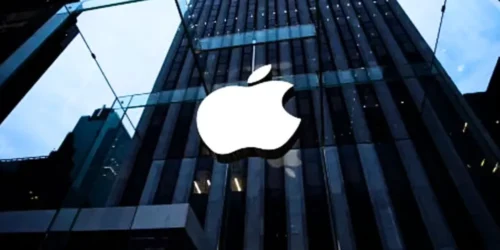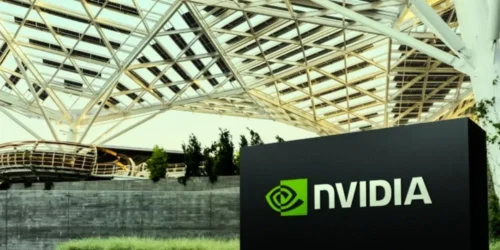For most of history, space was the exclusive domain of superpowers. We picture NASA mission control, stoic astronauts, and national flags planted on the moon. That era, defined by geopolitical rivalry, has given way to something new, dynamic, and intensely commercial. The modern space race isn’t just between nations; entrepreneurs are fighting it in a booming new sector: the private space industry.
Not Just for Nations Anymore
The single biggest change that unlocked this new era was the dramatic drop in the cost of reaching orbit. For decades, rockets were disposable, single-use machines. Companies like SpaceX, led by Elon Musk, shattered that model by mastering reusable rocket technology. Landing a booster back on Earth to fly again turned what was once an astronomical expense into a more manageable business cost. This innovation opened the doors wide for a host of private companies to enter a field once reserved for governments with seemingly bottomless budgets.
The Satellite Revolution Overhead
While rockets get the glory, the real workhorse of the new space economy is the satellite. A vast and growing constellation of privately owned satellites now encircles our planet, forming an invisible infrastructure that powers modern life. These orbital assets provide the GPS that guides your car, the high-speed internet beamed to remote regions via services like Starlink, and the detailed Earth-imaging data that helps farmers monitor crops and scientists track climate change. This is the practical, profitable side of the space industry.
The Ultimate Adventure Travel
Of course, the glamour of human spaceflight remains a powerful draw. Companies like Blue Origin and Virgin Galactic are pioneering the nascent field of space tourism, offering the ultra-wealthy a few minutes of weightlessness and a life-changing view of Earth from the edge of space. While it remains a luxury market, for now, it represents a profound shift. For the first time, a ticket to space isn’t earned through years of government training but with a credit card.
A Crowded and Contested Sky
This rapid commercialization is not without its problems. Low Earth orbit is becoming dangerously crowded. With thousands of new satellites launching, the risk of collision and the growing problem of space debris—or “space junk”—threatens both current and future missions. We are essentially building a new industrial zone without clear traffic laws or cleanup crews. As more companies and countries join the fray, questions of regulation, orbital rights, and military posturing in space become increasingly urgent. The final frontier is quickly becoming a very busy neighborhood.













